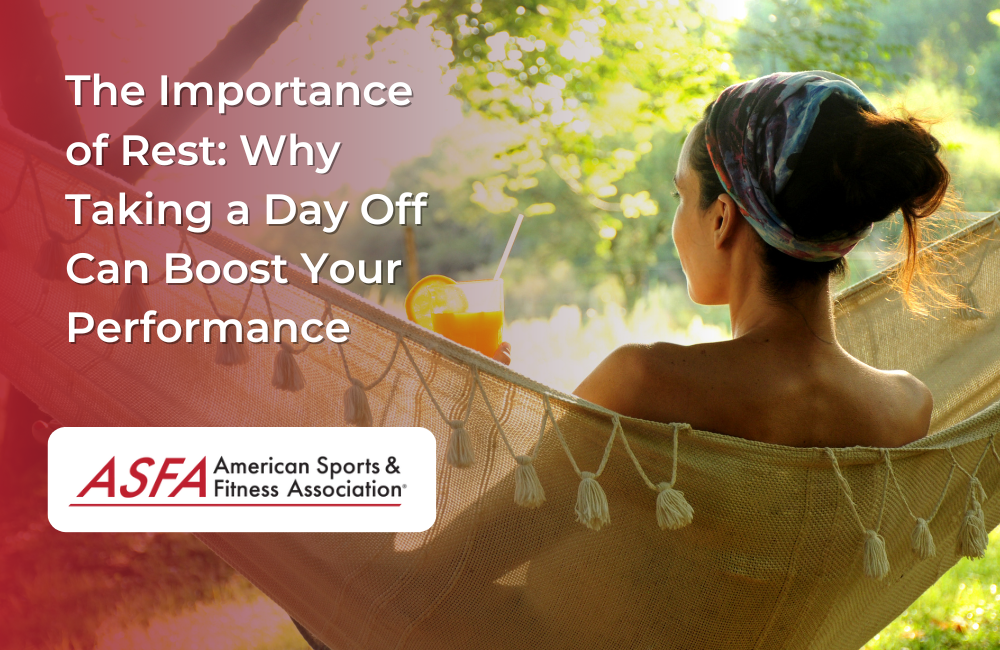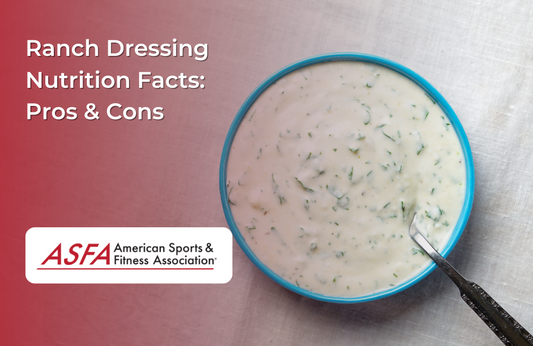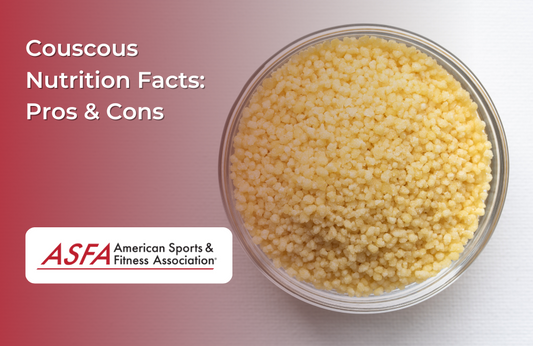If you're like most people, you don't get enough sleep. Or you're not getting enough rest in between workouts. Either way, your body is not getting the necessary downtime to recover. The consequences of burning out can be serious:
- poor performance at work or school
- increased risk for chronic disease
- even mental health problems like depression and anxiety
In this post, we'll explain how rest is important for your overall well-being -- both physical and mental -- why it's so hard for certain people to take a break when they need it most, and what you can do about all of this (hint: mindfulness).
Rest is a vital part of the performance equation.
Rest is a vital part of the performance equation. It's important for recovery, creativity, and our health and relationships.
Resting doesn't mean sitting around doing nothing; it can be an active process that involves meditation or other forms of mindfulness, as well as regular exercise. The key is to find what works for you--and then make sure you take time off from work consistently enough so that your body has time to recover from stressors like overwork or lack of sleep.
Sleep is important for all kinds of reasons.
Rest is important for all kinds of reasons. It helps you restore energy, sleep better and think more clearly. It can even help you stay healthy by giving your body time to repair itself.
In addition to these physical benefits, rest also allows us to make better choices in our lives--like deciding not to eat junk food or drink too much alcohol when tired from work or school.
Sleep is necessary to improve learning and memory.
Sleep is necessary to improve learning and memory. Sleep helps us consolidate or process what we've learned during the day. It also helps eliminate stress, so we start feeling refreshed and energized each day. Our brains need time to recover from physical exercise too!
Sleep helps us consolidate or process what we've learned during the day.
Sleep helps us process what we've learned during the day.
Sleep helps us consolidate or process what we've learned during the day.
Sleep helps us consolidate or process what we've learned during the day by helping us to consolidate or process what we've learned.
Sleep also helps us eliminate stress, so we start feeling refreshed and energized each day.
Sleep also helps us eliminate stress, so we start feeling refreshed and energized each day.
The demands of our daily lives can be stressful, but that doesn't mean you have to live in a constant state of stress. By taking time out for relaxation, you can recharge your mind and body so they're ready to go the next day.
Our brains need time to recover from physical exercise too.
Your brain needs time to recover from physical exercise too. It takes about 24 hours for your body to replenish glycogen stores and restore the energy needed for peak performance, but it can take even longer for your brain. The cerebellum, responsible for coordinating movement and balance, is particularly active during exercise; after a workout, it becomes fatigued much faster than other brain parts. If you don't give this part of your body a break when you're done exercising (by taking a nap or relaxing), you may find yourself feeling mentally exhausted by mid-afternoon--and unable to think enough to tackle important tasks at work later in the day or week!
When exercising, your body uses energy stores like glycogen and fat more rapidly than usual. Glycogen comes from the liver and muscles, while fat comes from fat cells around the body. As these stores are used up when you work out, your body has to find more energy somewhere else -- usually from stored carbohydrates like glucose (sugar). This process can take up to 24 hours for your body to replenish its glycogen supply after an intense workout. In other words, it takes a full 24 hours to replace all of your glycogen stores if you run out because you haven't eaten enough or have been physically active. Your muscles need time to rest so they can recover properly before working out again, or else they won't function optimally when it's time to exercise again!
Rest is important for your physical health, mental health, and creativity.
When exercising, your body uses energy stores like glycogen and fat more rapidly than usual. Glycogen comes from the liver and muscles, while fat comes from fat cells around the body. As these stores are used up when you work out, your body has to find more energy somewhere else -- usually from stored carbohydrates like glucose (sugar). This process can take up to 24 hours for your body to replenish its glycogen supply after an intense workout. In other words, it takes a full 24 hours to replace all of your glycogen stores if you run out because you haven't eaten enough or have been physically active during that period of time! Your muscles need time to rest so they can recover properly before working out again, or else they won't function optimally when it's time to exercise again!
Rest allows you to recharge.
Rest allows your body to recover.
Rest allows your mind to recover.
Rest helps you recharge, which is essential for creativity and innovation.
Taking a rest day will help you make better choices.
Taking a rest day will help you make better choices.
During your daily grind, it's easy to lose track of the big picture and get caught up in what's right in front of your nose. Your brain is working overtime, processing all kinds of information, from emails and meetings to phone calls and texts from friends. When this happens over time, it can lead to stress-related problems like anxiety or depression--but taking regular breaks can help keep those issues at bay by giving your mind time to relax and recharge.
Regular breaks aren't just good for your mental health; it also improves decision-making skills by allowing us time away from our usual patterns to think more objectively about situations before jumping into them headfirst (or foot first). When we have no choice but to stay focused on one task without distraction for extended periods without taking any breaks whatsoever--such as when we're studying or working overtime during crunch time at work--we tend not only to make poorer choices overall but also become less likely over time because we've been conditioned into believing that certain behaviors are normal when they aren't healthy ones at all!
It's easier to focus when you're not exhausted.
Rest helps you to focus.
When you're tired, your brain has difficulty focusing on one thing at a time. When this happens, it's harder for you to concentrate and pay attention to the task at hand--and even if you can keep yourself from falling asleep when trying to work or study, the quality of your work may suffer as well because of this lack of focus. Taking regular breaks throughout the day allows your mind and body some time away from stressful situations so that they can relax and recharge before coming back at it again with fresh energy and determination!
It makes you happier.
If you're like most people, you think of rest as a luxury. You may even feel guilty for taking time off from work--after all, if you don't take care of your responsibilities, who will?
But there's more than one way to "take care" of yourself--and in fact, resting is just as important as working hard. When we don't get enough sleep or exercise regularly, our bodies and minds suffer: we can become irritable and tired; our memory suffers; our immune system weakens; and we're more likely to catch colds or get sick easily (especially during the flu season). On top of that, research shows that people who don't get enough sleep tend not only to have poorer health overall but also lower self-esteem and higher rates of depression than those who do receive adequate sleep at night!
If this sounds like something that would benefit your mental health, then consider adding some extra time into your day specifically dedicated towards relaxation--even if it means cutting back on some things like watching television at night before bedtime or spending less time scrolling through social media sites during the day (which are both proven sources stress).
Allowing yourself to rest is essential for creativity and innovation.
Rest is an essential part of creativity, innovation, and problem-solving. Allowing yourself to rest allows your brain to recharge its batteries so that you can be more focused when it comes time to tackle new challenges. It also helps us make better choices because it gives our body a break from making decisions or solving problems all day- something we often don't realize until we take a day off!
There's such a thing as resting too much: constantly taking days off because of stress or anxiety could negatively affect productivity over time (for example, see here).
Conclusion
When you take a break, your brain has time to process all the information received during the day. This helps you make better decisions and be more productive in the long run. So if you feel stressed or tired, don't hesitate to rest up!





